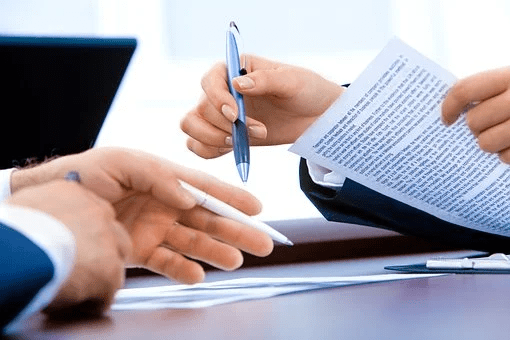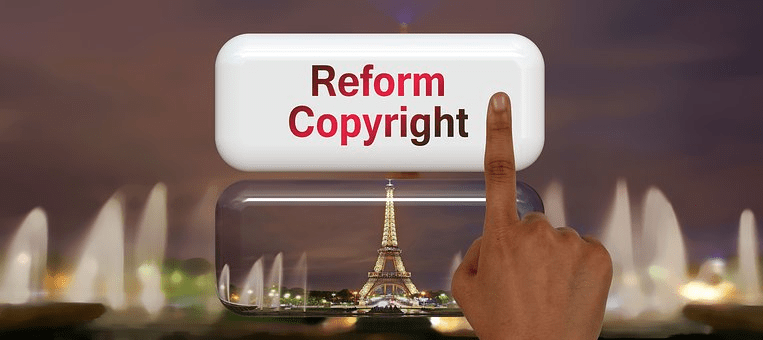In the recent past, there have been several lawsuits involving infringement of intellectual property rights, some even involving some big business names. Unlike the physical part of your business, which is easier to protect, protecting the intellectual part of it can be painstaking, especially with the current advanced technology. However, the good news is, there are various international and local bodies and ways that you can protect your intellectual property and benefit you and your business.
Before we get to the how, here is the why:
- To save money and resources
- To reap the full benefits of your business venture
- To prevent lawsuits and time used in courts
- To avoid any theft and infringement
How To Protect Your Intellectual Property
What Is The Specific Intellectual Property?
This is an important step in overseeing the protection of your intellectual property. Being aware of the specific property will help you take the necessary steps and measures to securely protect it. Additionally, make sure you share this information with your fellow staff or employees, if any, to increase the chances of protection.
Remember, a human can be the weak link in any chain of defense. Therefore, having the correct information will help strengthen this link. Depending on the nature of your business and intellectual property, registering any, or all of the above will prevent any infringement.
Register Patents, Trademarks, Copyrights, Geo Indicators, and Trade Secrets
There are so many reasons why protecting your intellectual property should be the first topic of business. This involves patenting everything original that you believe could be copyrighted and used without your knowledge. In line with the seasoned professional attorneys at revisionlegal.com/patent-attorneys/, you’ll not want to go it alone because of the intricacies involved when it comes to patenting your intellectual rights. That having said, let’s break down our subheading:
- Patent – Rights are only given to an inventor. When granted a patent, you can decide on the usage of your invention, but you have to publicly disclose information about the invention in the patent document.
- Trademark – A sign that marks your business and goods to differentiate them from others.
- Copyrights – Rights granted to creators of literary and artistic works such as music, drawings, literature, just to mention but a few.
- Geographical marks – These indicate goods from a specific area. Such marks show such goods have certain characteristics and qualities unique to that specific point of origin.
- Trade secrets – Rights granted to businesses that have confidential information, but can be either licensed or sold.
Put Up Safeguards
With the current speeds of technological advancements – soon you’ll have a humanoid robot next to your cubicle as your coworker – it’s fairly easy to infringe on data and information. With most businesses going high-tech and automating most processes, illegal intrusion in their servers is common leading to information and data theft.
To prevent such occurrences, both virtual and physical safeguards should be put in place. For virtual protection programs such as antivirus, strong firewalls, and tough security protocols will do the trick. Equally, ensure such data facilities are always under lock and key with round the clock security surveillance.

Agreements
Imagine you are a software developer and are almost through developing software that will revolutionize business processes, and unfortunately, those nosy co-workers blurbs about it leaking it to the public. That’s a mess that will need a lot of cleaning, suffice to say, your software might not get the rewards you were hoping for.
Therefore, it is wise to get into agreements with your staff, employees, and even business partners. These agreements can be in the form of confidentiality agreements and non-disclosure agreements. Anyone who breaks such agreements should be liable, and you are free to pursue legal options. Have your legal team draft them and pass them to all your staff and make sure they clearly understand the terms and conditions stated.
Register Your Business Name
Even before registering any intellectual property, you must register your business with the relevant bodies. Luckily, every law in every country requires that you register any business that you choose to partake in – just make sure it’s legal. Registering your business will ensure that, even though your industry will have similar businesses, none of them will have the same name as yours. In case you have no clue what to do, visit your local business registrar’s office or consult your lawyer for expert advice and guidance.
Ensure Originality
Thanks to technology, you might be tempted to copy a business aspect and make it yours. If you have such a temptation, tear it up and throw it out the window because you wouldn’t want your intellectual property being acquired by someone else, unless you authorize it. For top-notch protection, make sure all your intellectual property is original and unique, if you need to acquire it from another source, make sure you follow the correct procedure to avoid those expensive lawsuits.
These benefits should convince you of how and why you should protect your intellectual property. Don’t overlook the importance of protecting your intellectual property, because let’s face it, you have already invested a lot of time and resources. Your lawyer will help and guide you on how to go about all the above processes.
